Vermicomposting is a joyful journey into the fascinating world of worms and their incredible ability to transform our everyday kitchen scraps into black gold for our gardens. This eco-friendly method significantly reduces household waste and enriches our soil with nutrient-packed compost. Yet, it can sometimes feel daunting, especially when unexpected hiccups occur. But fear not! Mistakes in vermicomposting are a normal part of the learning curve, offering valuable lessons that make us better vermicomposters.
In this encouraging guide, we highlight the top 5 mistakes in vermicomposting and provide practical tips to avoid them, ensuring you can enjoy the beauty and benefits of your wiggly workers without stress. We’ll cover everything from overfeeding to ignoring the bin’s environment. So, let’s dive in and unlock the secrets to a thriving worm bin, turning potential pitfalls into composting prowess.
1. Overfeeding Your Worms
Overfeeding is a classic mistake in vermicomposting, tempting as it may be to give all your scraps to the worms at once. This excess can overwhelm your worm bin, leading to unpleasant odors, pest invasions, and a harmful environment for your worms. The trick is moderation; feed your worms small quantities, allowing them to consume most of the offered food before adding more. Since worms can eat approximately half their body weight daily, keeping an eye on their consumption rate is vital in determining the right amount of food. This approach keeps your worms healthy and ensures the efficient breakdown of scraps into nutrient-rich compost.
2. Using the Wrong Type of Food
Understanding what to feed your worms is crucial for successful vermicomposting. Certain kitchen scraps, such as citrus peels, onions, and garlic, can harm your worms, while meats, dairy, and greasy foods can attract pests and create foul odors. Feed your worms fruit and vegetable scraps, coffee grounds, eggshells, and similar organic materials to foster a healthy bin. These items are safe for your worms and prime ingredients for creating top-notch compost, enriching your garden soil with essential nutrients. Uncle Jim’s Worm Farm also offers just the perfect munchies for your wiggly friends.
3. Ignoring the Moisture Level
Moisture management is vital in a worm bin, as extremes on either end can lead to problems. An overly wet bin risks drowning your worms or causing smelly anaerobic conditions, whereas a too dry bin can dehydrate and kill them. Aim for moisture content that mimics a wrung-out sponge, providing an optimal environment for your worms. Adjusting the moisture level by adding water to a dry bin or dry bedding to a wet bin can help maintain the perfect balance for your worm community to thrive.
4. Forgetting to Balance the pH
The pH level within your worm bin significantly impacts your worms’ health and productivity. An environment that’s too acidic or alkaline can be detrimental. Acidic conditions are often caused by the breakdown of kitchen scraps, which can lower the bin’s pH over time. Regularly adding eggshells or garden lime can help neutralize the pH, creating a more hospitable environment for your worms. This simple maintenance step ensures that your worms remain active and healthy, contributing to the efficient production of quality compost.
5. Neglecting the Bin’s Environment
Creating an ideal environment extends beyond just what you feed your worms or how moist their bedding is. The temperature, airflow, and light exposure within the bin are critical to your worms’ well-being. Worms thrive in temperatures between 55°F and 77°F and require good airflow to prevent moisture and odor buildup. Moreover, they prefer dark, indirect light conditions. Placing your bin in an appropriate location that meets these conditions ensures your worms can live and reproduce effectively, maximizing your vermicomposting success.
Removing these common mistakes in vermicomposting will ensure a thriving worm bin that produces rich, organic compost for your garden. Remember, the key to successful vermicomposting is balance and observation. Keep an eye on your worm bin’s condition, make adjustments as needed, and soon you’ll be a vermicomposting pro, contributing positively to your garden and the environment.
Fun fact:
Worms can eat up to half their body weight in organic waste daily, turning kitchen scraps into valuable compost that enhances soil health and plant growth. Moreover, vermicomposting not only recycles waste but also reduces greenhouse gas emissions from landfills, making it a win-win for you and the planet. So, by avoiding these common mistakes, you’re not just improving your garden but also doing your part for the environment.
Wrapping up
Congratulations on taking the first steps towards mastering the art of vermicomposting! Remember, every great gardener learns through trial and error, and each mistake is an opportunity for growth. By avoiding these common pitfalls, you’re on your way to creating a more sustainable, productive garden that benefits both the environment and your green thumb aspirations. So, keep observing, adjusting, and enjoying the process. Your wiggly workers are ready to transform your scraps into treasure, and together, you’ll turn potential challenges into composting success. Happy composting!


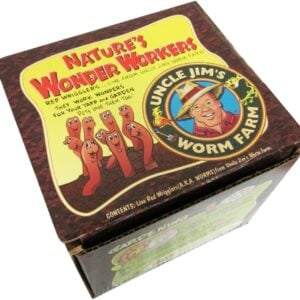
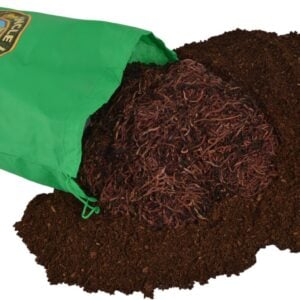
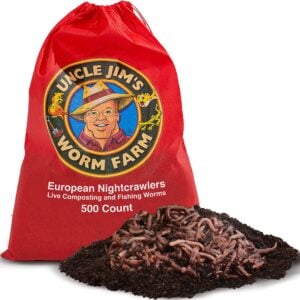
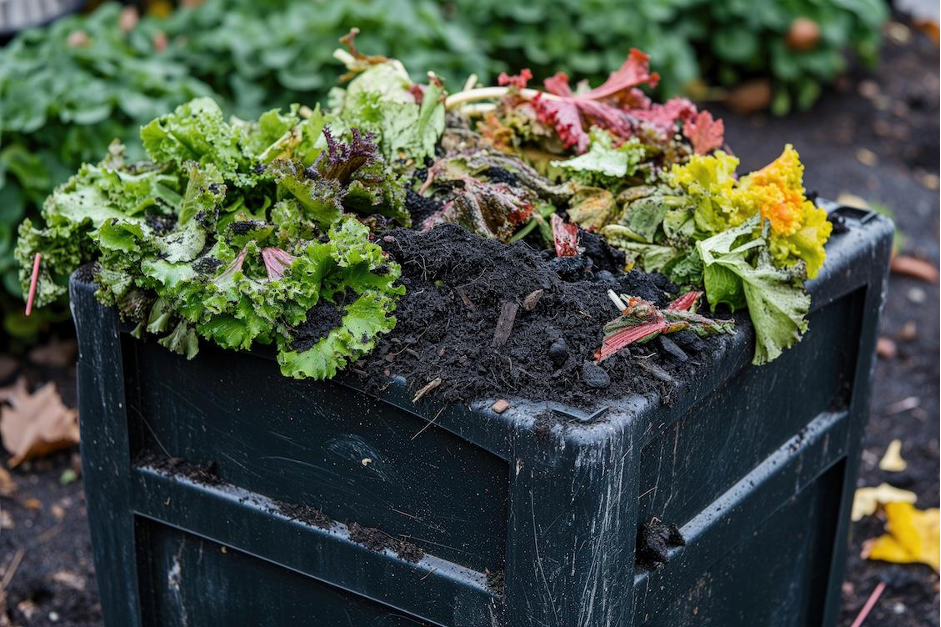


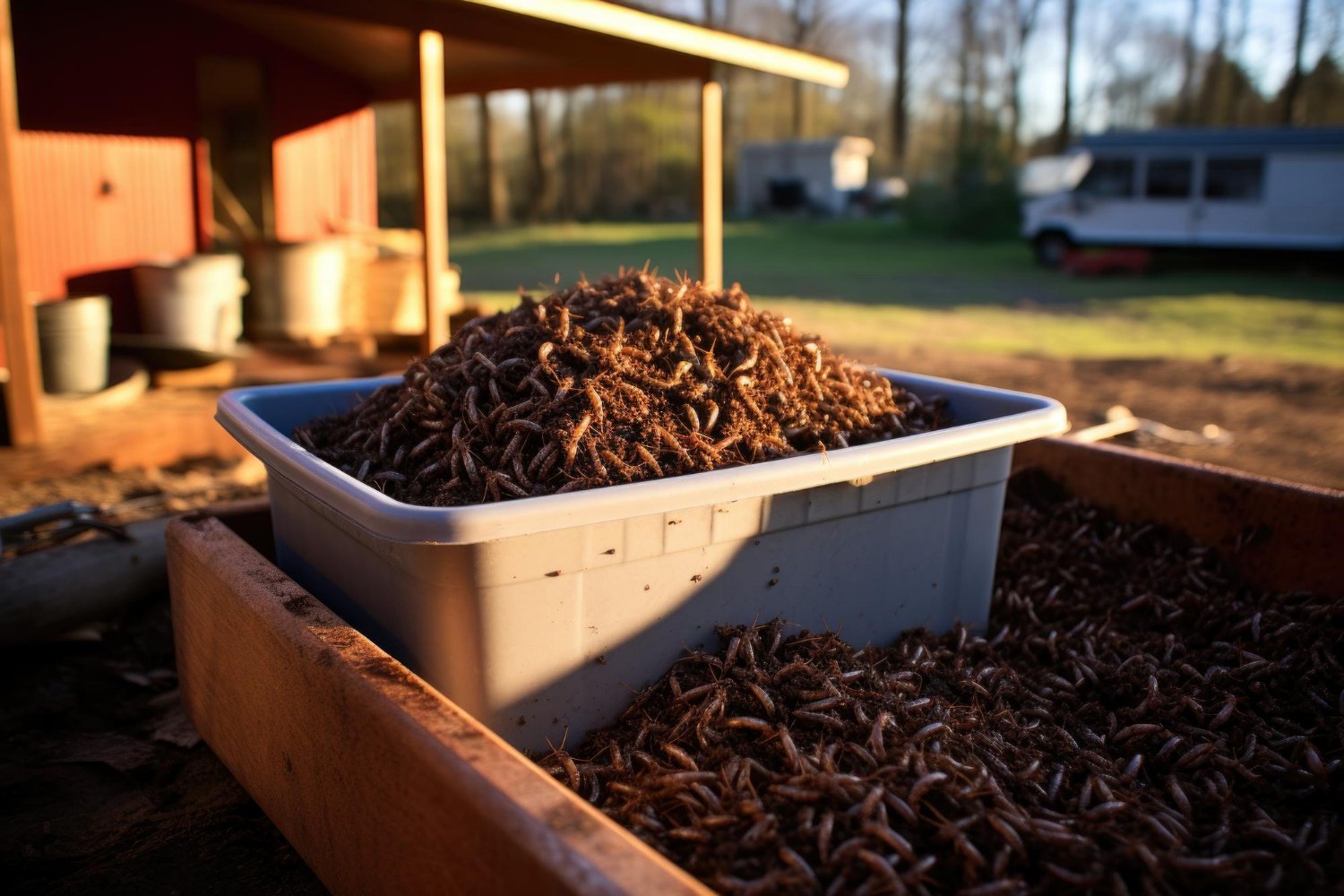
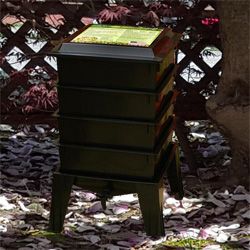
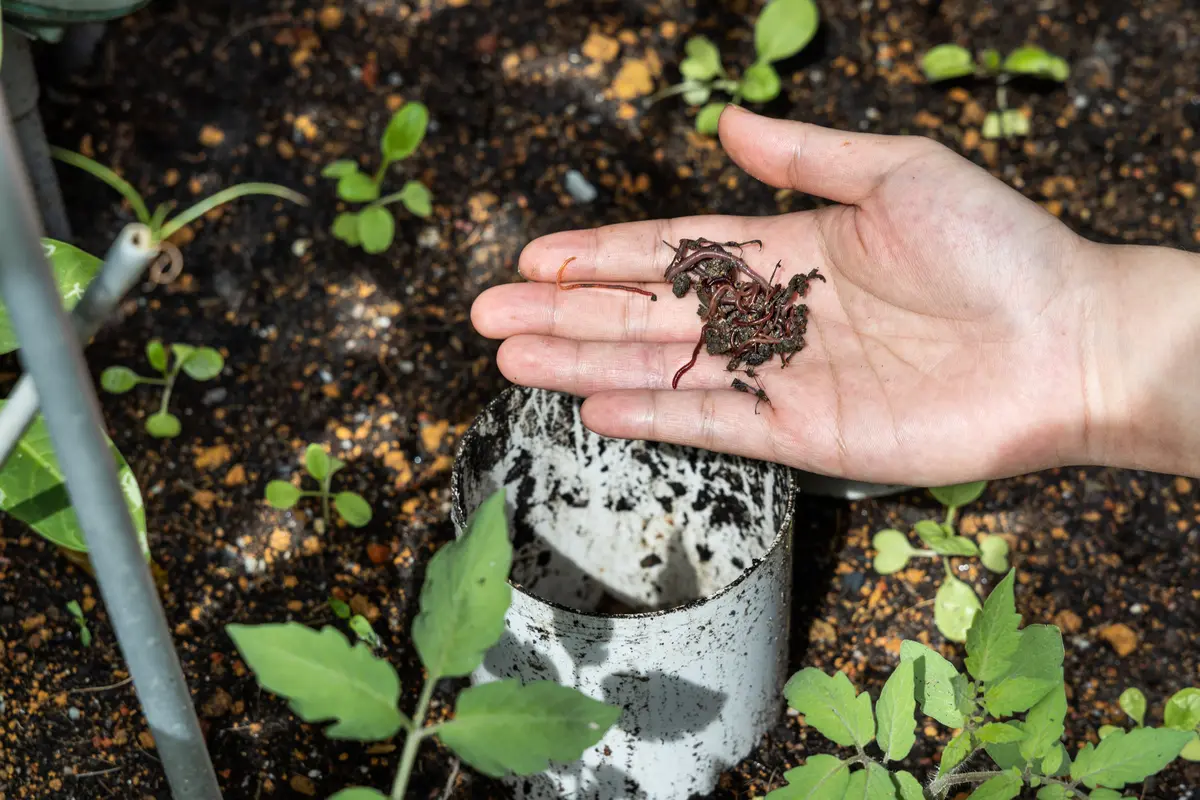
One thought on “5 Common Mistakes in Vermicomposting”
Thank you! I’m excited to start!